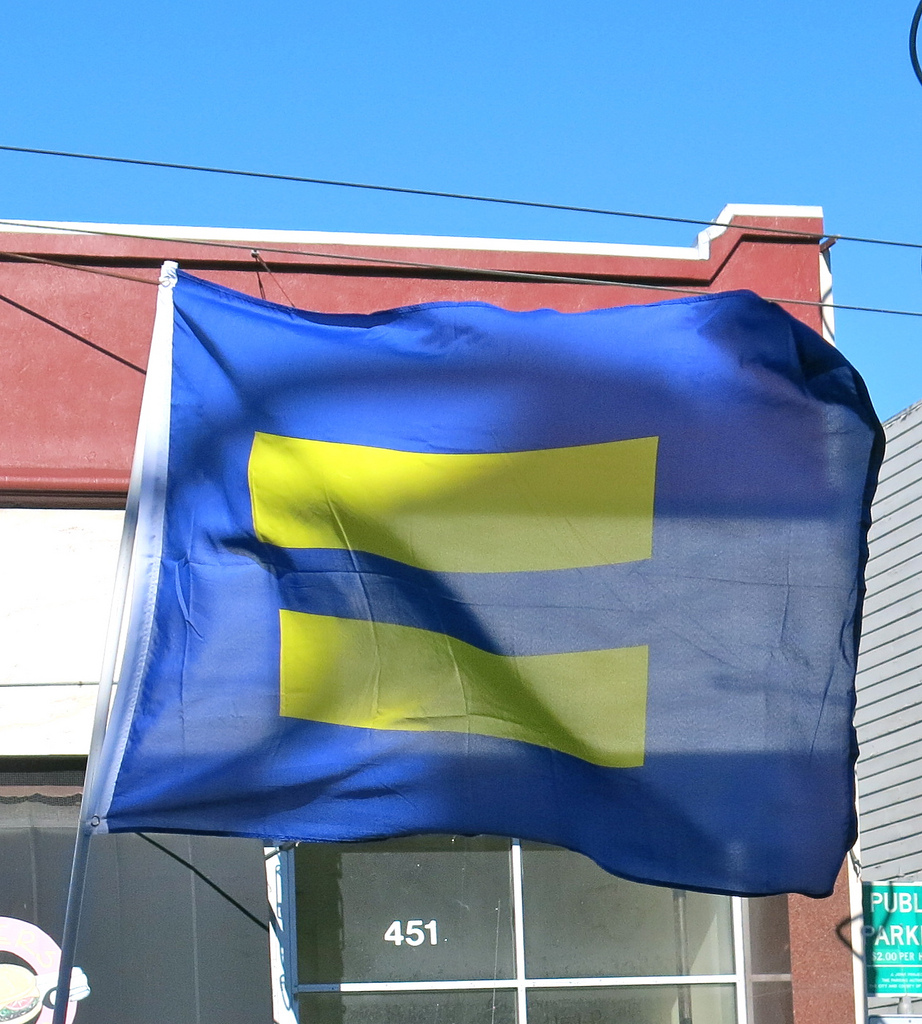“South Sudan conflict has equality lessons”
February 24 Decades of civil war ended with South Sudan’s independence in July 2011, but as McPherlain Chungu, 21, a Correspondent from Zambia now studying in India notes, women remain vulnerable in times of conflict. He argues the solution requires a change in approach.
Decades of civil war ended with South Sudan’s independence in July 2011, but as McPherlain Chungu, 21, a Correspondent from Zambia now studying in India notes, women remain vulnerable in times of conflict. He argues the solution requires a change in approach.
South Sudan was declared an independent state on July 9th 2011 after its population overwhelmingly voted to secede from Sudan, marking the end of decades of civil war.
After independence, Mr. Salva Kiir Mayardit, the head of the Sudan People’s Liberation Movement (SPLM), became president. Two years after independence President Kiir dissolved his cabinet and sacked Vice-President Riek Machar, marking the beginning of serious violent tensions between the leaders and their loyal factions. After international pressure in August, 2015, another peace deal was signed that saw Machar returned to the capital and re-sworn in as the vice-president.
In July 2016, clashes between forces supporting the former vice president and president of South Sudan intensified and turned violent, injuring dozens and killing hundreds of people, including innocent civilians, and displacing millions of men, women and children in spite of several efforts to stop the violence.
Sadly, the vulnerabilities of female citizens caught in South Sudan’s conflict are often overlooked. Girls are particularly vulnerable, with many being forced into early marriage or exposed to sexual abuse and exploitation. In fact, according to UNICEF “an adolescent girl in South Sudan is three times more likely to die in childbirth than to complete primary school”, even though the country’s Transitional Constitution promises to protect women from anything that “undermines [their] dignity and status.”
One of the lasting consequences of this conflict has been on South Sudan’s women and girls. “I begged, begged them to kill me instead [of raping me].” “I was only spared because I am eight months pregnant, but watched as they raped and violated my relatives.” These are some of the victims’ testimonies.
In the middle of war, these women have no place of refuge, and when victimised there are no facilities to help them cope with the trauma. Instead, they are too often ostracized from the community, rejected and abandoned.
“The raft of sexual and gender-based violence reported during the December 2013 crisis, and the recent conflict of July 2016, cannot be allowed to continue. It is time for all of us to take a decisive step and say, “Never Again!” said Eugene Owusu, the UN Resident Coordinator for South Sudan, addressing African heads of state ministers at a High Level Dialogue on the National Action Plan on UNSCR 1325 on Women, Peace and Security.
It is common in African tribes to place territorial nativeness at the centre of the notion of belonging. And because women are symbolically associated with the motherland, they are often seen as easy targets of aggression.
According to reports, the main culprits of gender-based sexual violence in South Sudan are men belonging to either the opposition militia or the official military. Reports of such crimes against women are on the rise, yet institutional mechanisms to punish perpetrators are almost non-existent, due to political forces and weak or absent legal institutions. When the most recent incidents of rapes against both locals and foreigners occurred, UN peacekeepers could not save the victims.
In a January, 2016 report, the African Union admits that while some resolutions have been reached on tackling such war crimes, they are yet to be implemented. The lack of well-established institutions and organisations in the country could further hinder implementation.
The situation in South Sudan has an array of lessons that other countries can learn. If a society regards and treats a group of individuals as unequal, this inequality worsens in the face of war. The situation in South Sudan is testament to this. It is, in fact, an illustration of the repercussions of allowing patriarchal gender inequalities to prevail.
War or not, there is a need to actively promote and pursue the rights of women. States should not wait for war to understand that importance, and need to tackle gender based violence or any such inequalities. These fundamental dilemmas of our time are social and political, and only collaborative efforts between men and women can solve them.
Africa’s working plan to development can only be one that includes women as equal contributors. When it comes to issues of women, Owusu urged Africa that “the era of indifference and complacency needs to be confined to the past and replaced by systemic prevention, and swift and effective action.”
photo credit: torbakhopper celebrating supreme court rejection of DoMA and prop 8 (h8) : plus sign, castro, san francisco (2013) via photopin (license)
…………………………………………………………………………………………………………………
About me: I am curious, charismatic, ambitious and determined, with keen interest in social and political issues, gender and identity politics in particular. Born and raised in Zambia, currently I am pursuing my undergraduate studies in Delhi. My dream is to make the world a place with the same standards for everyone and emphasis on mutual benefit – an ideal we must strive towards.
News blogger, movie and film fanatic and travel enthusiast. A practical idealist.
…………………………………………………………………………………………………………………
Opinions expressed in this article are those of the author and do not necessarily represent the views of the Commonwealth Youth Programme. Articles are published in a spirit of dialogue, respect and understanding. If you disagree, why not submit a response?
To learn more about becoming a Commonwealth Correspondent please visit: http://www.yourcommonwealth.org/submit-articles/
…………………………………………………………………………………………………………………




